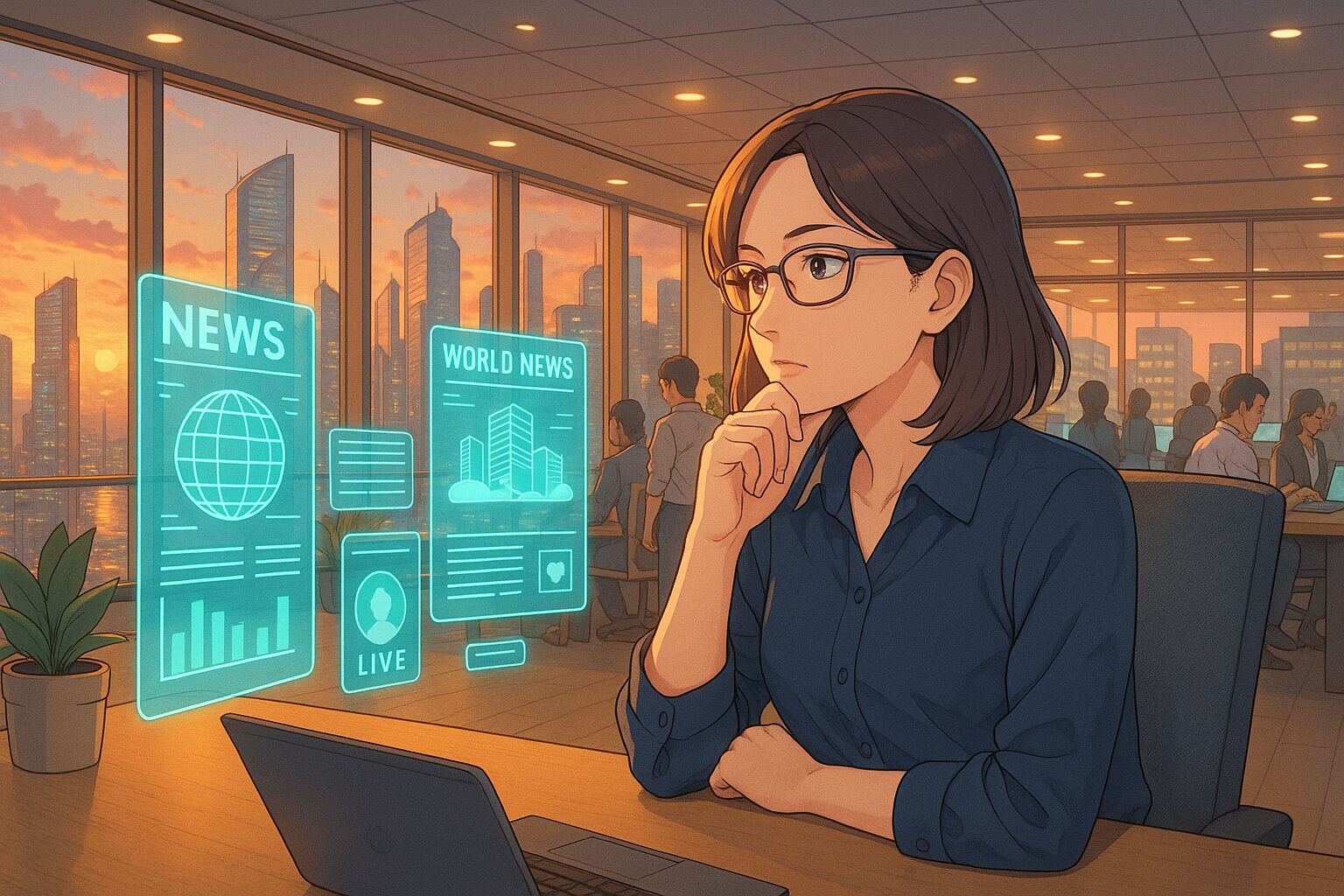How Solar Energy Changes the Future of Villages, What Do You Think?
Electricity has returned to a rural village—thanks to the power of the sun. Cloud Energy Photoelectric Limited has installed a 50-kilowatt solar mini-grid in a village called Namu, bringing light back after 20 years. Let’s consider what this event means and imagine what could happen if this trend continues.
1. Today’s News
Source:
Cloud Energy Unveils Namu’s Solar Mini Grid in Plateau State
Summary:
- Cloud Energy has installed a 50-kilowatt solar mini-grid in Namu village.
- The village had been without electricity for 20 years, but economic activities have started to revive.
- 50 rice mills have resumed operations using solar power.
2. Consider the Background
Living in areas without electricity has been challenging for years. Without light, nighttime activities are limited, and without refrigeration, food preservation becomes difficult. This lack of infrastructure leads to stagnation in economic activities and loss of educational opportunities. The news of this solar mini-grid is seen as a step towards addressing such issues. So, what would happen if this movement spread further?
3. What Does the Future Hold?
Hypothesis 1 (Neutral): A Future Where Solar Mini-Grids Become Common
Solar mini-grids become widespread, reducing the number of areas without electricity. As a result, local economic activities are revitalized, and residents’ living standards improve. Additionally, with improved energy infrastructure, the quality of education and healthcare is also likely to enhance.
Hypothesis 2 (Optimistic): A Future Where Renewable Energy Thrives
The number of successful solar energy cases increases, accelerating investment in renewable energy. Consequently, environmental burdens decrease, leading to a sustainable society. People will have more energy choices and will increasingly opt for more eco-friendly lifestyles.
Hypothesis 3 (Pessimistic): A Future Where Traditional Energy Sources Diminish
The proliferation of renewable energy leads to the downsizing of traditional energy industries. This change may result in job losses for those engaged in conventional industries. Society will require new skills, and those unable to adapt risk being left behind.
4. Tips for Us
Thinking Tips
- Consider how to balance the environment and the economy.
- Reflect on the impact of renewable energy choices on the future and apply these considerations to daily decisions.
Small Practical Tips
- Try using solar products at home.
- Support local renewable energy projects.
5. What Would You Do?
- Would you choose to live by actively incorporating renewable energy?
- How would you support traditional energy industries?
- Are you considering pursuing new education or training related to energy?
What kind of future do you envision? Please share your thoughts through comments or social media.









